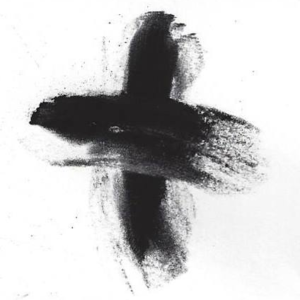 February 26, 2020
February 26, 2020
Dear Friends in Christ,
What does it mean to “remember our death?”
I know that those aren’t quite the words of the Ash Wednesday liturgy, but they might as well be. When the priest says, Remember that you are dust, and to dust you shall return, we are being asked to recall something we haven’t actually been through. We have no memory of our beginning, and we can’t foresee our end.
So how are we to remember this: the fact that we are dust? What is the point of such a message being smudged onto our foreheads in the shape of the Cross?
Three thoughts —
First, in 1953, I was born more than six weeks early. I lived, while other similar babies then might have died. I did dumb things as a kid and even dumber things as a teenager, and as a young man excelled above many of my peers in doing dumb things, so blind was I to the fact of my own mortality. You may be nodding your head, knowing that you, too, somehow survived. You were not lucky, or smart, or tough. Your life was preserved for God’s purpose. The ashes on your head say, What are you waiting for?
Second, when you come to the rail to receive ashes — or when you receive them on the street, thanks to “Ashes to Go” — you are not just being reminded of your own death. The words of the old liturgy were, Remember, O Man, that thou art dust. Man here meant humanity. You have a share in the mortality of others; you bear the burden of Adam, the sorrow of Eve. When the ashes are smeared on your forehead, you are reminded that you are joined to Christ who on the Cross took upon Himself all human sin and death: every broken heart, every untimely end, every grave. Please do not run from this. Let it sink in for a moment. In the end, it is the ultimate gift of being Christian.
The third builds on this: The dust we are, is made immortal in Christ. I am crazy enough to believe that the Resurrection of Jesus of Nazareth was the unique event to which the life of my own body and soul is indeed joined, through which it is preserved and transformed from what I am now to what I will be forever. Yes, at the age of sixty-six, I still fear death. I am twice as careful when pulling out of a parking place than I was twenty years ago. But in some ways my mortality no longer matters: I remember that I am dust the way I remember to pull on my socks in the morning. On good days, it does not alarm me. Since my death has been joined by God’s grace to the death of the One who died for me, so my life has been joined to His immortal life. When the ashes fall on my head, I will remember this.
May the coming days of Lent deepen in us the marks of Christ’s Cross, quicken our repentance, and enliven our joy.
Faithfully your bishop,

(The Rt. Rev.) Dorsey McConnell, D.D.
VIII Bishop of Pittsburgh
